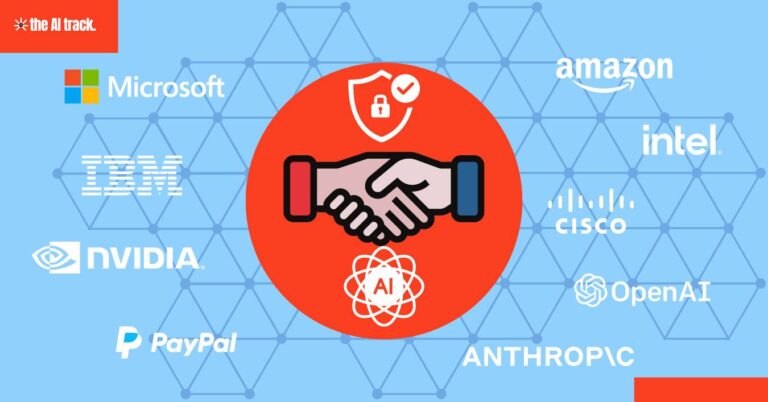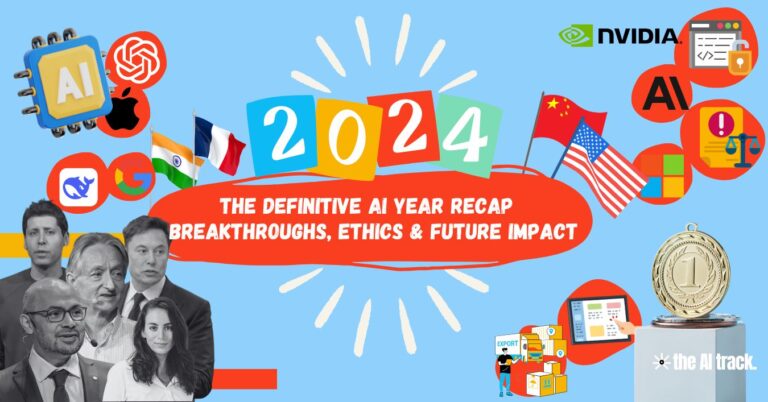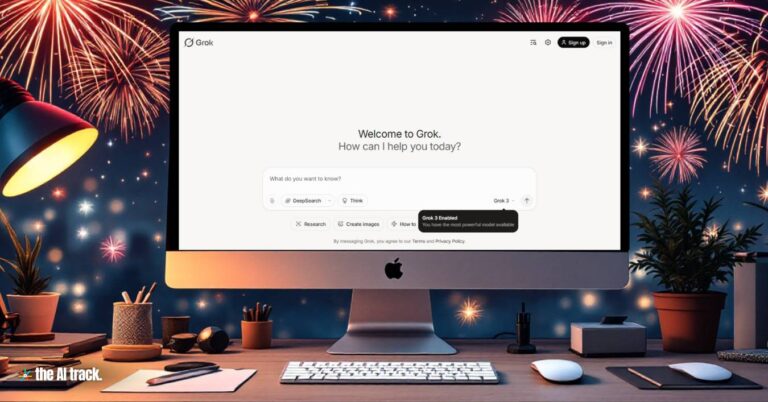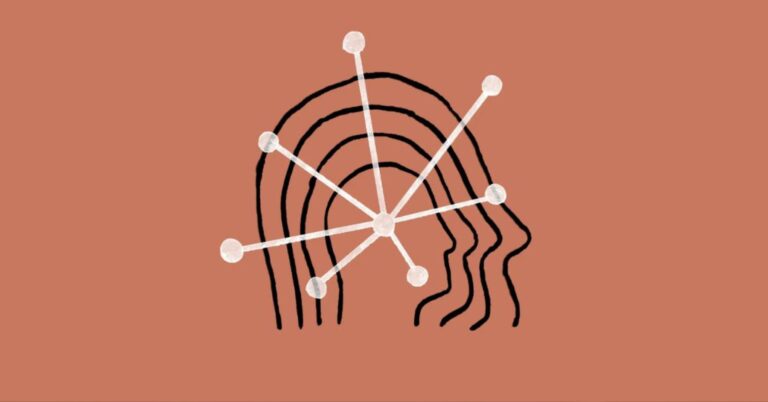Anthropic has significantly upgraded Claude AI with autonomous research, multi-step research capabilities and deep integration with Google Workspace apps like Gmail, Calendar, and Docs. These features—delivering audit-ready, citation-based outputs—position Claude not just as a chatbot but as a secure, agentic enterprise-grade productivity partner designed to streamline knowledge work and support compliance-driven environments.

Anthropic Adds Autonomous Research to Claude – Key Points
- Autonomous Research Tool Launched: Claude’s new Research feature conducts multi-step, agentic investigations, autonomously identifying what data to retrieve next to deliver layered, holistic responses with inline citations. It strikes a balance between speed and reasoning depth, returning results in 1–5 minutes.
- Agentic Reasoning for Enterprise Use: Claude explores various interpretations of a user’s prompt, clarifies ambiguities, and synthesizes answers across web and internal sources. This approach is designed to meet audit-readiness and reduce user intervention—especially useful for executive briefings, market analysis, or due diligence.
- Deep Integration with Google Workspace: Claude connects natively to Gmail, Calendar, and Docs, enabling contextual awareness without requiring manual uploads. It can extract meeting notes, summarize threads, identify hidden action items, check for scheduling conflicts, and surface files relevant to ongoing tasks.
- Combined Research + Workspace Utility: Claude’s agentic workflows now span both the open web and internal Workspace content. For example, it can flag if a parent’s calendar event conflicts with external obligations or use meeting notes from Docs while drafting a report. In all cases, sources are cited for verification.
- Retrieval-Augmented Generation for Cataloging: Claude uses RAG to index and search across organizational file systems, even locating insights buried in long or scattered documents. Enterprise admins can enable cataloging to allow Claude to navigate institutional knowledge stores at scale.
- Enterprise-Grade Privacy and Access Control: Claude only accesses user-authorized content and session-based data via strict user-level authentication. No data is retained beyond a session unless configured, and models are not trained on user content by default—critical for regulated sectors like finance, healthcare, and government.
- Mitigating AI Hallucinations and Promoting Compliance: Claude’s cited responses support transparency and verification—key for use in regulated industries. Analysts emphasize that citation-backed reasoning and secure document handling make Claude a compelling option for compliance-heavy workflows.
- Early ROI and Use Cases: Teams in marketing, sales, and engineering report time savings across routine tasks like creating briefs, synthesizing internal strategies, or referencing past email chains. Onboarding is also accelerated, with Claude summarizing OKRs and documentation for new hires.
- Strategic Positioning Against Rivals: Claude competes directly with Microsoft’s Copilot, Google’s Gemini, and OpenAI’s ChatGPT Enterprise. While others benefit from ecosystem lock-in, Claude differentiates with platform flexibility, autonomous research behavior, and traceable output—especially within Google Workspace environments.
- Infrastructure and Government Compliance Support: Claude is now supported on Google Cloud’s Vertex AI for FedRAMP High and IL2 workloads, expanding its suitability for sensitive sectors. Experts suggest this positions Claude well for large-scale institutional adoption alongside Gemini, thanks to Google’s joint investment in Anthropic.
- Expansion Plans Underway: Research and Workspace integrations are in early beta for Max, Team, and Enterprise users in the U.S., Japan, and Brazil. Web search is also live in Japan and Brazil. Anthropic plans to increase the depth and range of Claude’s content sources in upcoming releases.
Why This Matters:
Claude’s evolution marks a fundamental shift in enterprise AI. Rather than acting as a passive chatbot, Claude behaves like a secure analyst—synthesizing complex inputs, navigating internal and external sources, and producing verifiable, audit-ready output. With a compliance-first architecture, broad Workspace integration, and flexible research capability, Claude offers a viable, enterprise-focused alternative to tightly coupled AI assistants like Gemini or Copilot.
Google introduces an AI co-scientist to accelerate scientific research by generating hypotheses and designing experiments in collaboration with humans.
OpenAI’s ChatGPT Deep Research autonomously conducts multi-step web research, saving hours of manual effort. Ideal for professionals and everyday users seeking reliable, detailed insights.
Read a comprehensive monthly roundup of the latest AI news!








